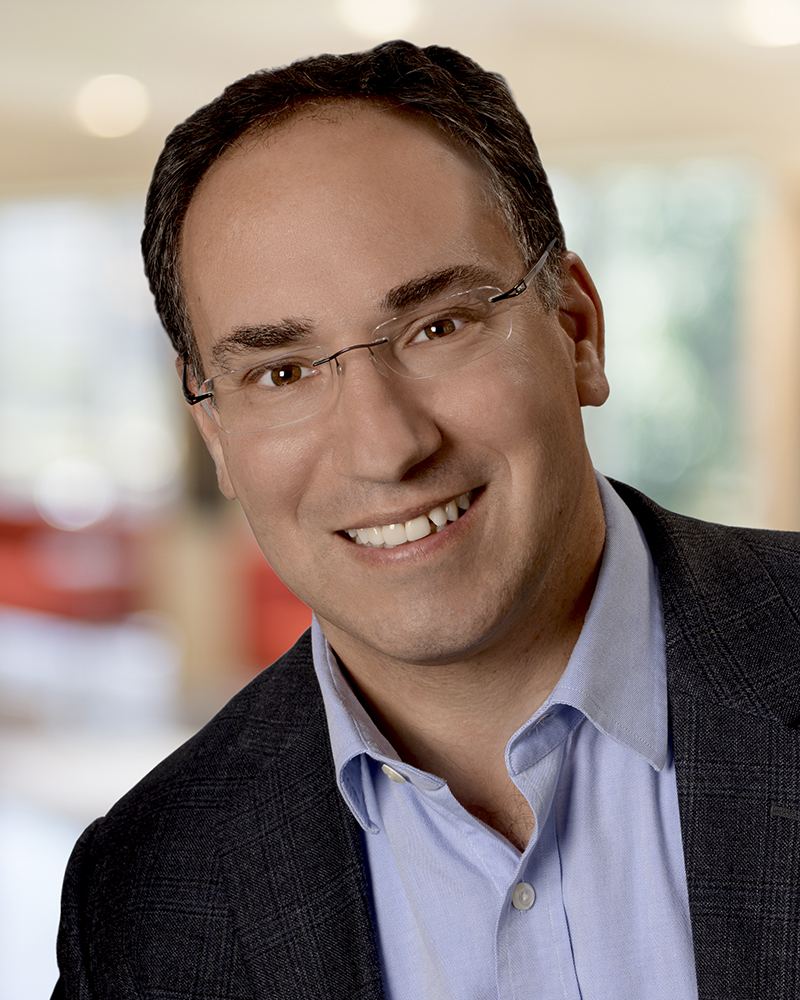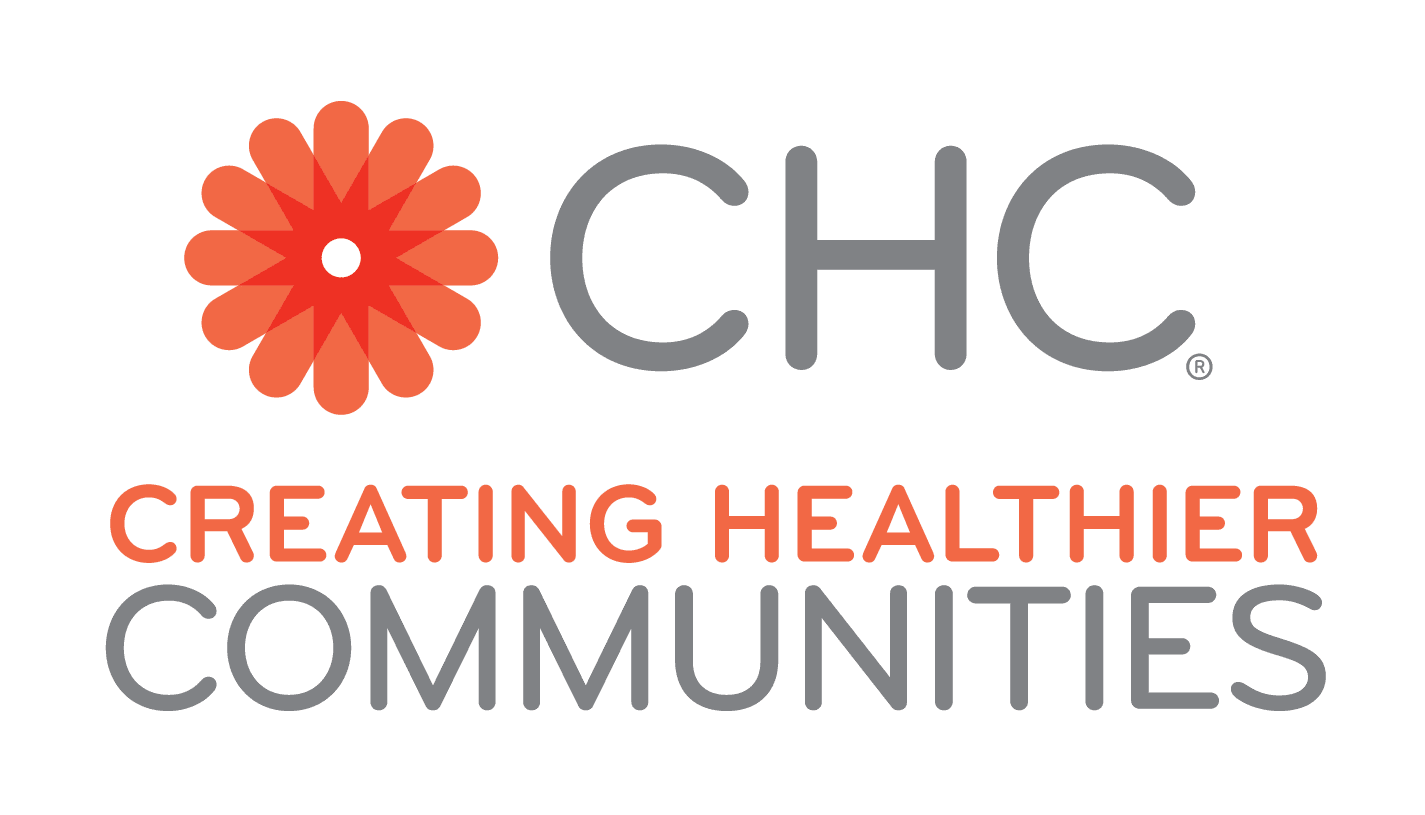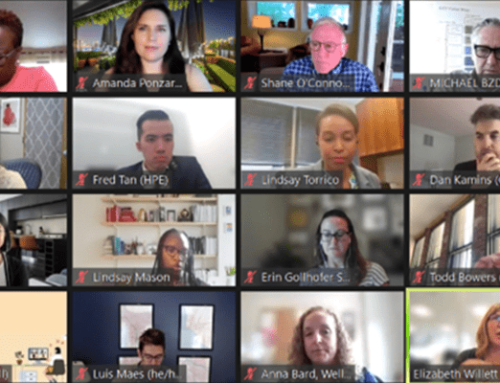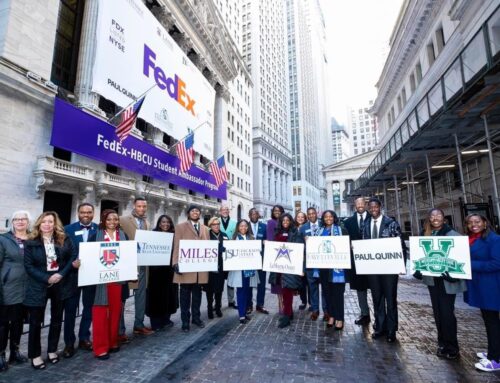The Top 10 List: Lessons from Covid for Businesses
By: John Friedman, Manager, Sustainability for WGL
- Businesses have had to rethink their commitment to employee well-being and need to still ‘get the job done’ — including teleworking, staggered shifts, etc. Many have learned that productivity and morale (when they demonstrate caring over profits) increase. We can apply the lesson and remember work-life balance, reduced costs, time and emissions associated with commuting, etc. are benefits we can all keep, post Covid.
- Companies are rethinking their ‘footprints’ and need to have office space (Twitter announced they’re staying virtual). Can companies downsize space while keeping the same employees, but realize savings in both space and money?
- The importance of a resilient and diversified supply chain (toilet paper, sanitizer, masks, etc.) and distribution networks (Covid saw farmers throwing away food that they could not get to market, while people went hungry in record numbers) were reinforced.
- Some businesses supported their customers’ well-being (i.e. providing masks) as a ‘corporate responsibility’ rather than requiring to them bring their own. Did that earn them loyalty?
- How we preserve benefits like visibly cleaner air, less traffic, less trash/pollution as we ‘restart’ the economy?
- Cities (Paris, Milan and DC) are using the reduction in traffic as an opportunity to add bike and walking lanes/areas — what happens when the crisis passes. Important to note bike stores reported record sales as people embraced this form of exercise. How will this change how people get to and from work?
- What does that say about governance and the need for long term planning when some companies that reported record profits in January filed for bankruptcy in May?
- Socially Responsible Investment funds dropped about half (14% vs 24%) due to the economic downturn and are recovering faster — may lead companies to see that as the place to be listed. Investors noted this in and after 2008 too. May increase investments in those funds.
- A preview and warning for climate change — that disruption will be much longer and harder if we do not prevent the worst impacts — rather than stay at home, people will have to flee their homes.
- We must never forget the value and importance of ‘essential’ workers who are often at the lowest end of the pay scale.

John Friedman, Manager, Sustainability for WGL
With an international career spanning 2 decades, John Friedman is an award-winning communications professional and recognized sustainability expert who has helped some of the leading global companies to integrate their operational, financial, and cultural aspirations into sustainable and responsible business practices. He has been instrumental in helping three companies, Lafarge, Sodexo and WGL Holdings rise to the top of the sustainability rankings (DJSI/RobecoSAM and MSCI) for their respective sectors; building materials, food service/facilities management and energy.
A frequent speaker at conferences and business classes, Friedman is helps teach individuals and organizations how to integrate practices including environmental stewardship, social progress and sound governance into their overall business strategies, their corporate cultures and everyday actions by empowering and engaging employees at all levels for measurable results that drive business reputation and value.
He is author of “Managing Sustainability: First Steps to First Class” published by Business Expert Press.
On digital media he is recognized as a thought leader; on Triple Pundit’s List of the Top 30 Sustainability Bloggers on Twitter, #3 on GreenBiz list of most influential ‘twitterati’, #14 on Guardian Business’ 30 most influential sustainability voices in America, was voted #4 of the “100 leading voices in CSR” by Global CEO Magazine readers, and has regularly been included among the top voices in CSR by Forbes’ Brandfog.
An Albany State (New York) communications graduate, Friedman earned a management certificate as part of the Lafarge/Duke Management Training program at the Fuqua School of Business in 2000.







